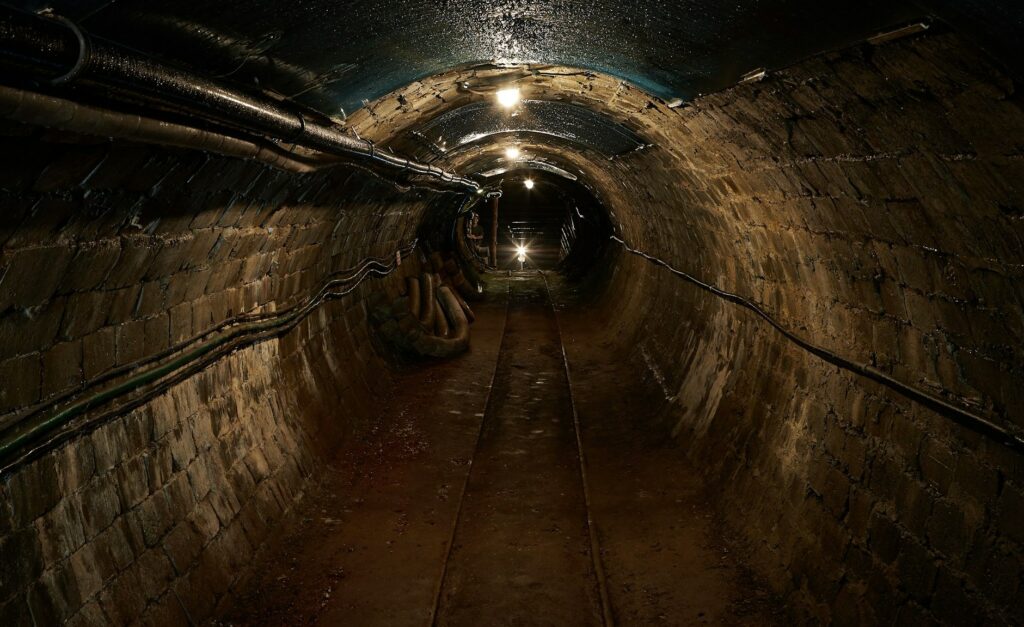
(Scypre.com) – A Russian diplomat recently expressed concern about Israel’s plan to flood tunnels used by the militant group Hamas, suggesting it could be considered a war crime. Dmitry Polyansky, the Russian First Deputy Permanent Representative to the United Nations, voiced his worries during a recent meeting of the United Nations Security Council. He stated, “War crimes are snowballing,” highlighting reports that Israel intends to flood underground facilities in the Gaza Strip with seawater.
Polyansky revealed that the Israel Defense Forces (IDF) have reportedly constructed seawater pumps near the Al-Shati refugee camp capable of moving large volumes of water from the Mediterranean Sea into the Hamas tunnels. This development, according to him, could potentially constitute a blatant war crime.
The diplomat further detailed that the IDF has allegedly built a system of pumps and pipes for pumping seawater into the tunnels. The practical aspects of this flooding plan are reportedly under discussion with the United States, focusing on factors such as the adequacy of water supply and the suitability of the tunnels’ topography.
The Wall Street Journal reported on the construction of these pumps and their capacity to flood the tunnels within weeks. However, Israel has not committed to the plan, expressing concerns about remaining hostages that Hamas may still hold in the tunnels. The gradual flooding process could provide an opportunity for both Hamas members and hostages to escape, as the details of the tunnels’ structure remain unknown.
Polyansky criticized what he referred to as “Western-biased media” for praising the plan as a “brilliant tactical solution” without considering the potential consequences of pumping seawater into the soil. He argued that this plan could adversely impact Gaza’s fragile agricultural capacities, contaminating subsoil waters and exacerbating the region’s existing challenges, such as the scarcity of drinking water.
Amidst these developments, the World Health Organization (WHO) has raised concerns about a public health crisis in the Gaza Strip due to the ongoing conflict. The lack of functioning hospitals, running water, and shelters is expected to contribute to a deteriorating situation, potentially leading to epidemics. WHO’s Margaret Harris emphasized these challenges during a briefing in Switzerland.
United Nations Secretary-General Antonio Guterres has invoked Article 99, a rare power that allows him to directly address the Security Council. Guterres urged the Council to pursue a ceasefire declaration, citing the humanitarian crisis in Gaza. However, a proposed resolution for an immediate ceasefire was vetoed by the United States during a Security Council meeting, with the United Kingdom abstaining. The U.S. argued that the resolution was “divorced from reality” and labeled the call for an unconditional ceasefire as “dangerous.”
The resolution demanded not only an immediate humanitarian ceasefire but also the unconditional release of hostages and humanitarian access. However, it did not condemn a specific Hamas attack on October 7, a condition the UK deemed necessary for its support. British Ambassador Barbara Woodward voiced support for a two-state solution, emphasizing the need for statehood for Palestinians and security for Israel.